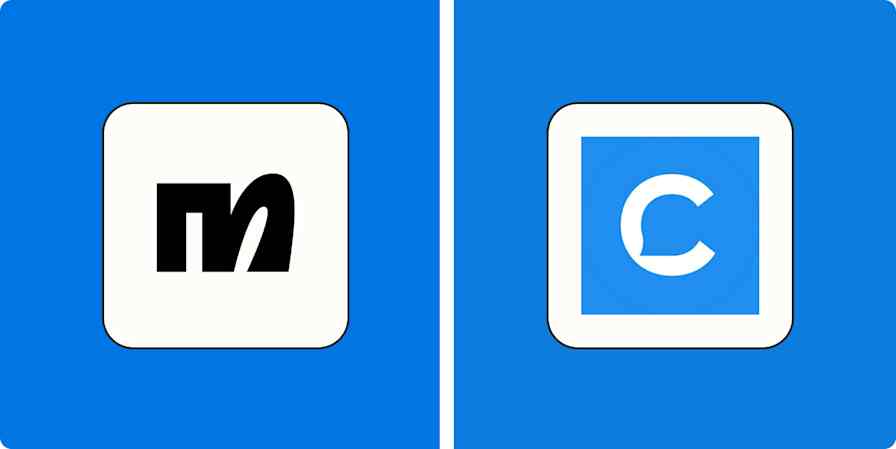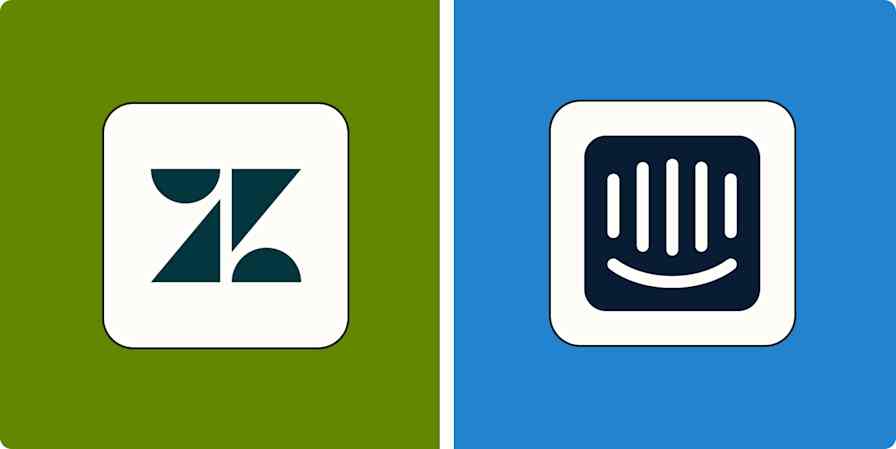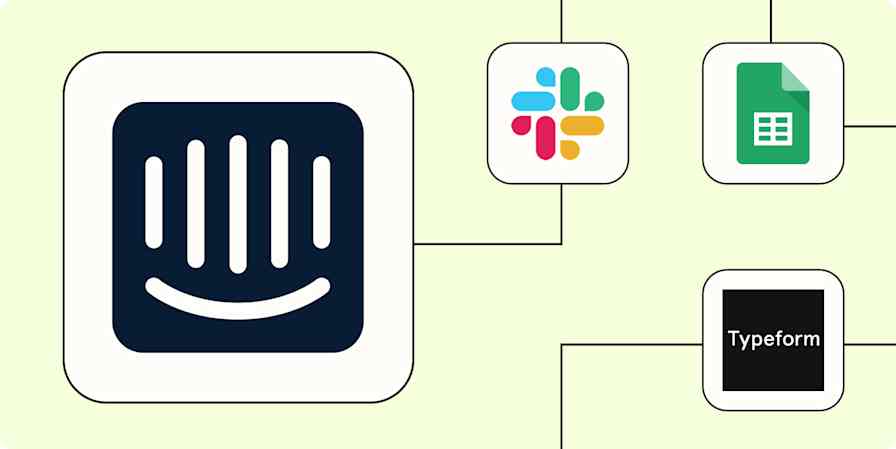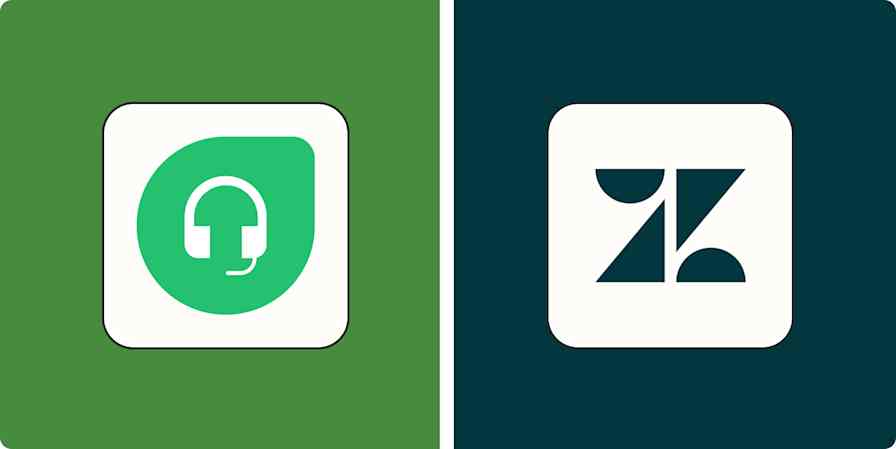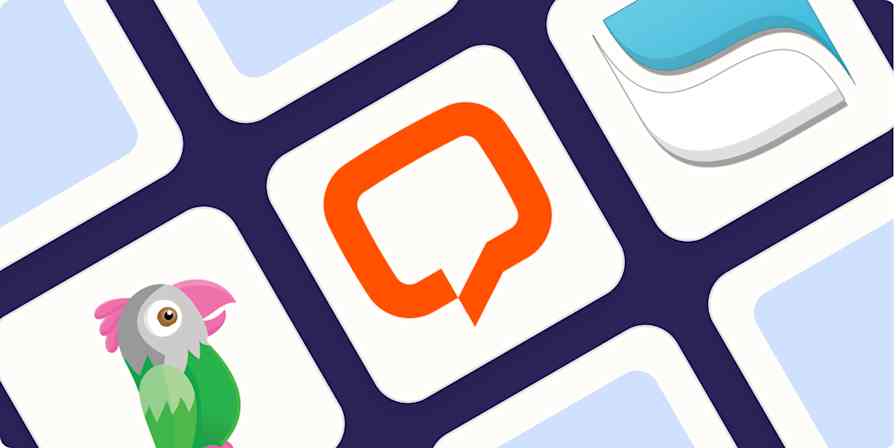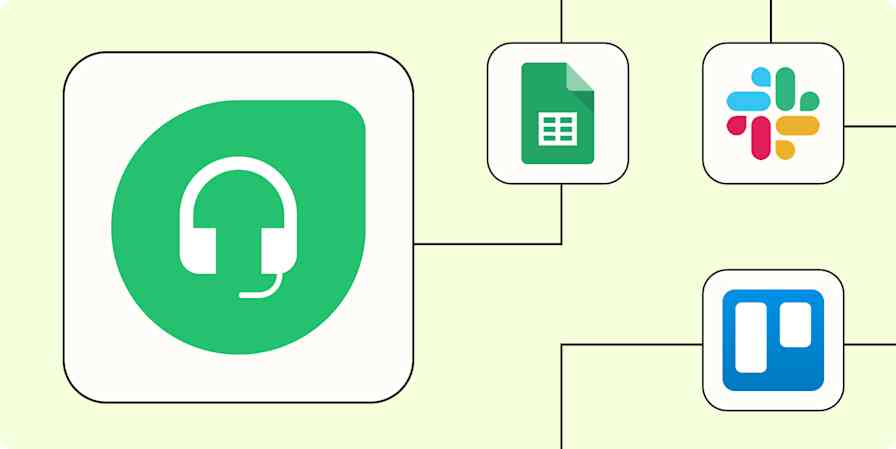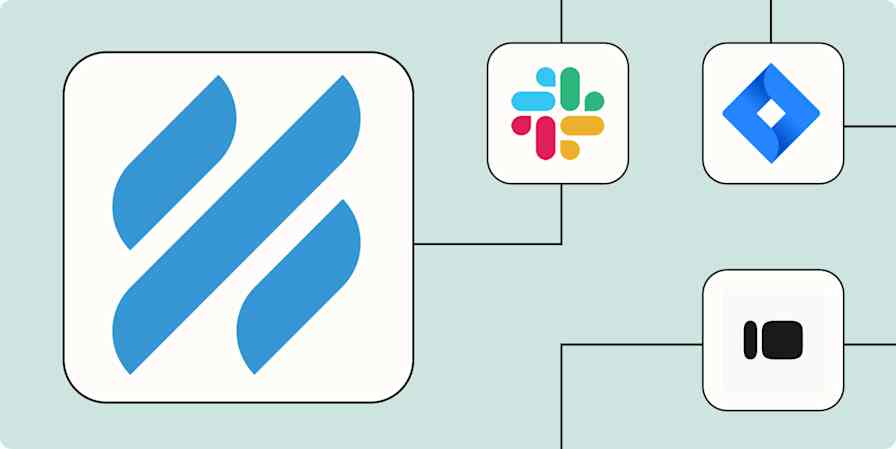Best apps
11 min readThe 7 best customer and client portal apps in 2025
By Dylan Reber · January 10, 2025

Get productivity tips delivered straight to your inbox
We’ll email you 1-3 times per week—and never share your information.
mentioned apps
Related articles
Improve your productivity automatically. Use Zapier to get your apps working together.


